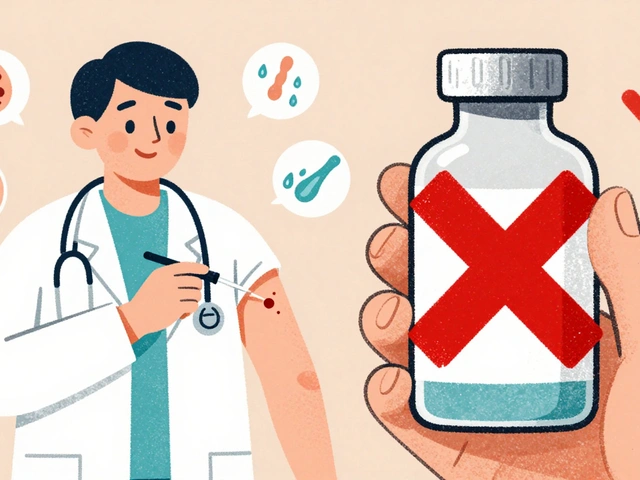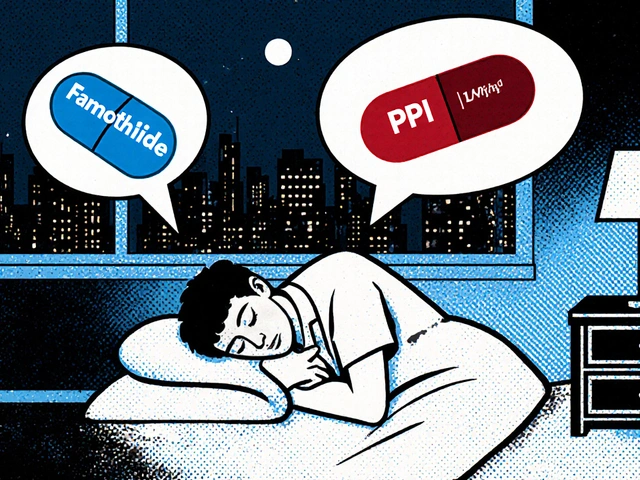Wellbutrin SR alternatives: what to try if bupropion isn’t right for you
Wellbutrin SR (bupropion) works well for many people, but it’s not a perfect fit for everyone. Some find it too activating, some get insomnia or anxiety, and others can’t use it because of seizure risk or an eating disorder. If you’re thinking about switching, here’s a straightforward look at realistic alternatives and how to move between them safely.
Drug alternatives and when they make sense
Switching drugs depends on what you want to treat and what side effects you want to avoid. If sexual side effects or tiredness are the problem with other antidepressants, bupropion is often the choice — but if bupropion causes jitteriness or raises seizure concerns, consider these options:
- SSRIs (sertraline, escitalopram, fluoxetine): Good first-line picks for depression or anxiety. They’re generally well tolerated but can cause sexual dysfunction and sometimes weight gain.
- SNRIs (venlafaxine, duloxetine): Useful if pain or low energy are part of the picture. Watch blood pressure and nausea early on.
- Mirtazapine: Often chosen when sleep or low appetite are issues. It can cause drowsiness and weight gain, so it’s handy for people who need sleep support.
- Trazodone (low dose): Commonly used for insomnia with depression; less problematic for sexual side effects than SSRIs.
- Varenicline or nicotine replacement: If your main goal with bupropion was smoking cessation, varenicline (Chantix) or patches/gum can be more effective for many people.
- Atomoxetine or stimulants: For focus and energy problems, especially when ADHD symptoms exist, talk to a prescriber about atomoxetine or stimulant options — these are different from antidepressants and need careful monitoring.
Safety, switching tips, and non-drug choices
Before changing meds, check a few safety points: history of seizures, eating disorder, head injury, alcohol withdrawal, and any current MAOI use. MAOIs need a strict washout period; fluoxetine requires a longer gap before switching to an MAOI. For other switches, doctors may cross-taper (lower one while raising the other) to reduce withdrawal or overlap side effects.
Bring a short checklist to your appointment: which symptoms bother you most, side effects you can’t tolerate, past meds you tried, and other health issues. That helps your prescriber pick an alternative and plan the switch.
Don’t forget non-drug treatments that work well with or without medication: cognitive behavioral therapy (CBT), regular exercise, sleep hygiene, light therapy for seasonal depression, and treatments like TMS if meds haven’t helped. Supplements such as omega-3s or SAMe show mixed results but can be discussed with your clinician.
If you’re unsure which route to take, ask your prescriber for a clear plan: expected benefits, common side effects, how long to wait for improvement, and what to do if things go wrong. That makes switching less stressful and far safer.






